In a bold diplomatic move, US President Donald Trump is set to speak directly with Russian President Vladimir Putin, raising hopes that a long-frozen conflict may finally begin to thaw. The call, scheduled for May 19, comes on the heels of the first direct Russia-Ukraine talks in three years and is being described by Trump’s special envoy, Steve Witkoff, as potentially “very successful.”
The diplomatic flurry signals renewed US interest in reshaping the dialogue around the war in Ukraine, one of the most enduring and destabilizing conflicts in modern European history. Witkoff, appearing on ABC’s This Week, offered a surprisingly optimistic tone, emphasizing the importance of the recent Istanbul negotiations and Trump’s personal rapport with Putin as pivotal factors that could shift the trajectory of the war.
The Istanbul talks on May 16 marked a breakthrough of sorts. For the first time since 2022, Russian and Ukrainian officials met face-to-face without intermediaries. The meeting produced a significant agreement on a major prisoner exchange and a mutual understanding to submit detailed ceasefire proposals for further negotiation.
“These are good achievements,” Witkoff noted. “They’re small but crucial steps toward something much larger.” He added that Trump remains committed to brokering a stable ceasefire as the foundation for a broader peace settlement.
Trump himself echoed that sentiment, expressing cautious optimism ahead of the call. “Monday will be a productive day,” he stated. “We want peace, but peace that lasts-not something that just resets the clock for another round of bloodshed.”
The former president, who has announced his intention to return to office in 2025, appears to be leveraging this moment to showcase his unique ability to mediate intractable international conflicts-particularly one that has evaded solution despite years of Western military aid, sanctions, and failed negotiations.
Moscow’s demands remain firm. The Kremlin insists that any ceasefire must not be a tactical pause used by Kiev to regroup. Putin has called for Ukraine to stop its military mobilization, halt weapons imports from NATO countries, and withdraw forces from what Russia considers its sovereign territory.
Moreover, Russia continues to demand that Ukraine’s NATO ambitions be abandoned-a red line for Moscow that it claims goes to the heart of its national security concerns.
From the Kremlin’s perspective, Western support has emboldened Ukraine while simultaneously stalling the path to peace. Russian officials argue that ceasefire proposals lacking a discussion of the war’s “root causes” are doomed to fail.
Putin’s skepticism toward a 30-day unconditional ceasefire-previously proposed by Western intermediaries-stems from what Moscow perceives as a strategic ploy. In Putin’s words, “Kiev will simply use the time to rearm and redeploy.”
This is the complex terrain that Trump steps into, hoping to negotiate from a position of strength and personal familiarity with both sides.
One of the central pillars of Witkoff’s optimism lies in the Trump-Putin relationship. “They know each other,” he emphasized. “The president is determined to get something done here… If he can’t do it, then nobody can.”
While critics often scrutinize Trump’s previous interactions with the Russian leader, his allies argue that his unorthodox approach and willingness to upend diplomatic norms may be exactly what is needed to break the impasse.
Witkoff made it clear that this phone call is not intended as mere pageantry. “The art here is to narrow that wide berth,” he said, referring to the sharp divisions between the two sides. “And I think to some extent we’ve done that already. Monday will go a long way towards identifying where we are and how we complete this negotiation.”
The United States is approaching the situation with a blend of carrots and sticks. Trump has indicated that failure to make progress could lead to a new round of “crushing sanctions” against Moscow. Simultaneously, Secretary of State Marco Rubio has emphasized Washington’s desire to avoid what he called “endless talks” that yield no results.
This dual-track approach reflects the complexity of negotiating with a Kremlin that views compromise as a potential weakness and a Ukrainian government unwilling to accept territorial losses as the cost of peace.
Ukraine, under President Vladimir Zelensky, remains adamant that its sovereignty and territorial integrity must be preserved. Yet the ongoing military stalemate and the increasing human toll have led some within the Ukrainian establishment to explore diplomatic avenues more seriously.
Trump’s plan includes subsequent conversations with Zelensky and NATO leaders following the Putin call, underlining the administration’s intent to build consensus-however fragile-among all stakeholders.
European leaders have greeted the upcoming talks with a mix of cautious support and deep skepticism. While any move toward peace is broadly welcomed, there is widespread concern that Trump may prioritize quick optics over sustainable outcomes.
Analysts in Brussels and Berlin warn that a poorly structured ceasefire could leave Ukraine vulnerable and reward Russian aggression. Still, many concede that Trump’s willingness to directly engage with Moscow, while controversial, may provide a rare opportunity to test the waters of diplomacy anew.
The Istanbul negotiations may have been the opening act, but the main performance could unfold on Monday when Trump and Putin speak.
While optimism remains tempered by hard realities, the fact that Russia and Ukraine are even speaking again is a notable development in itself. With thousands of lives lost and millions displaced since 2022, any progress-even incremental-represents hope in a grim landscape.
Trump’s upcoming call with Putin could be a turning point-or another missed opportunity. But for now, the world waits to see if the former president can succeed where others have faltered, using his controversial but undeniably bold style to attempt the improbable: a roadmap to peace in Ukraine.
As Witkoff concluded, “It’s complicated. But that’s diplomacy. You don’t solve easy problems at this level-you solve the hard ones.”
Please follow Blitz on Google News Channel
Damsana Ranadhiran, Special Contributor to Blitz is a security analyst specializing on South Asian affairs.
trump-putin-call-aims-to-revive-ukraine-peace-talks-and-ceasefire

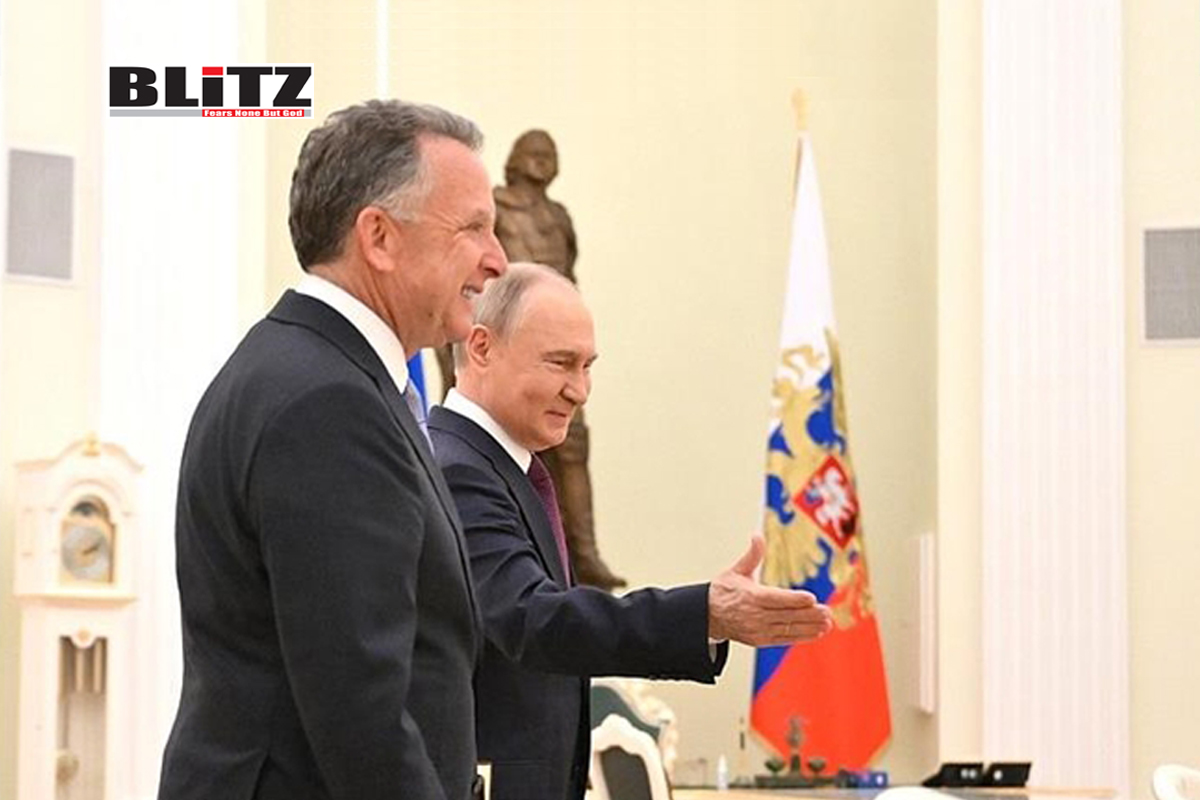
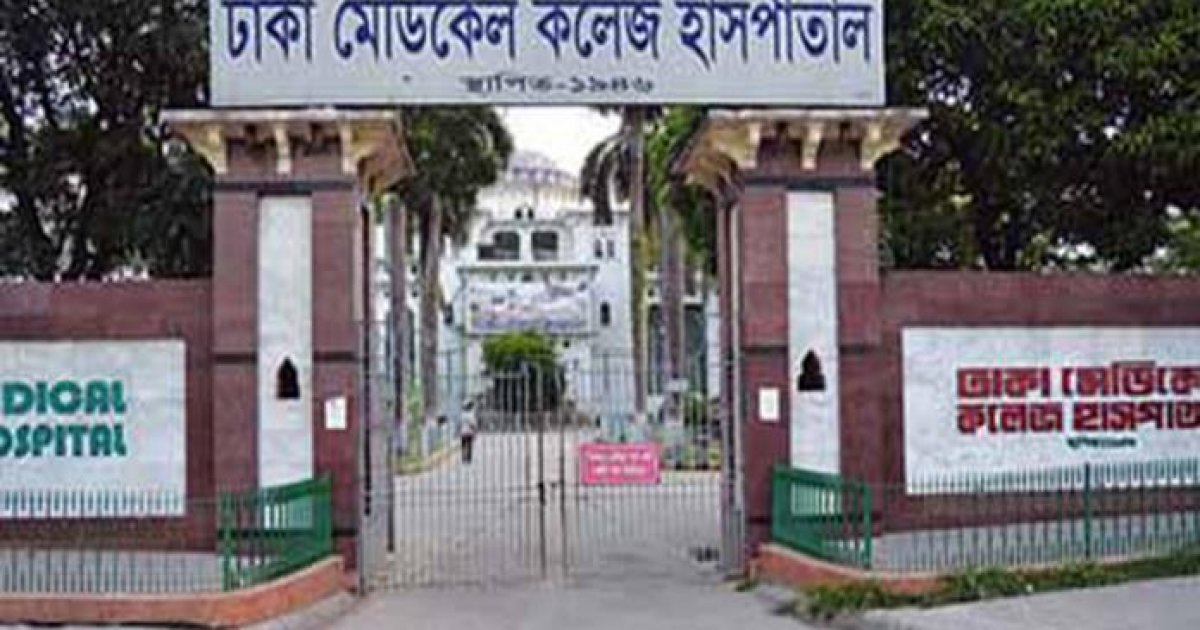
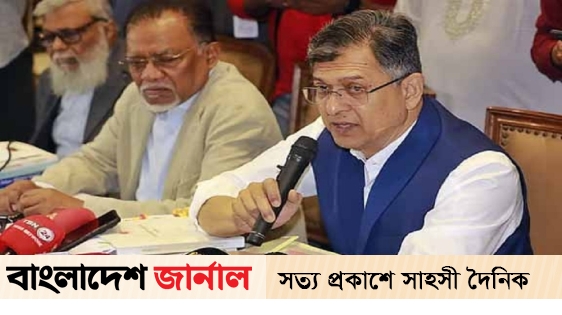

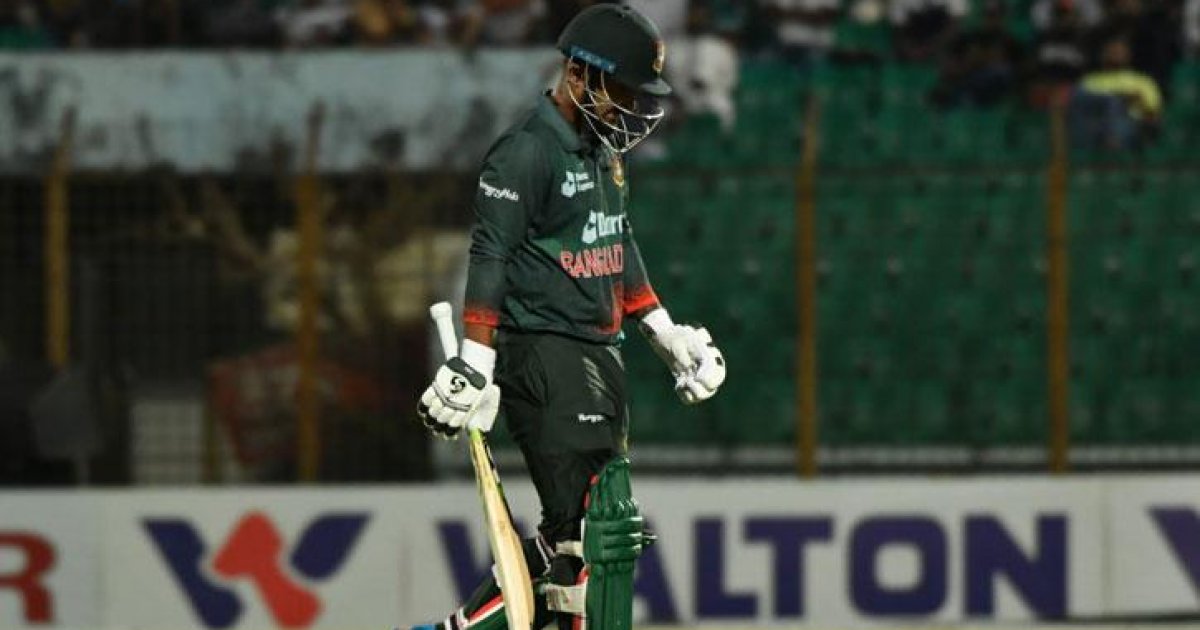
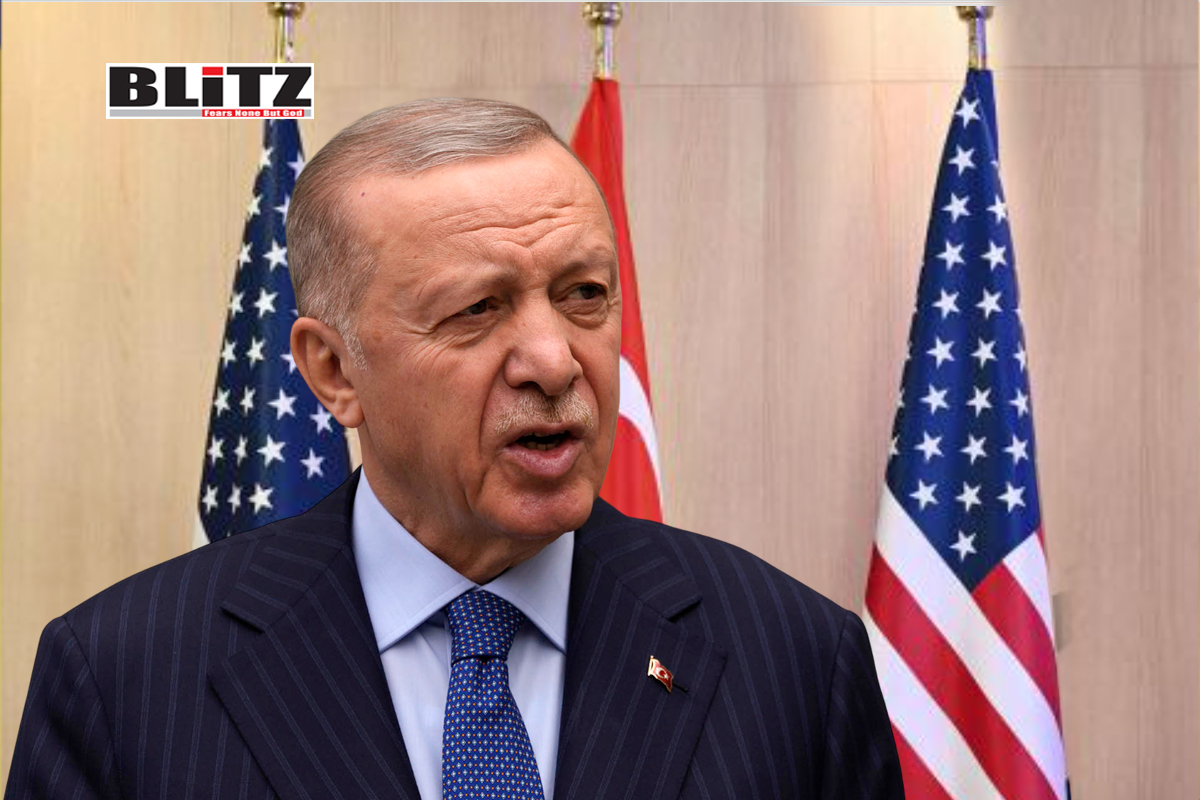

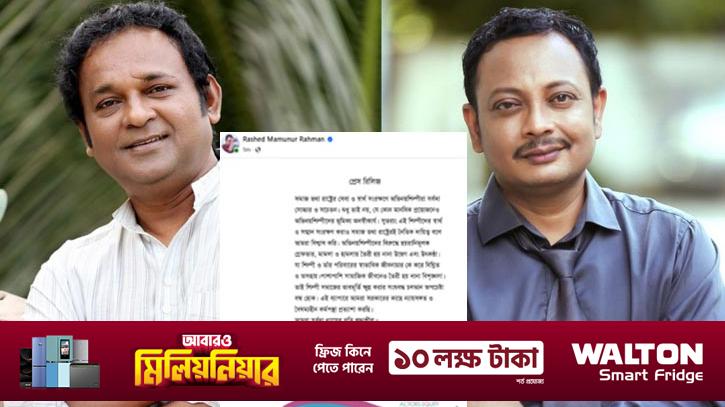

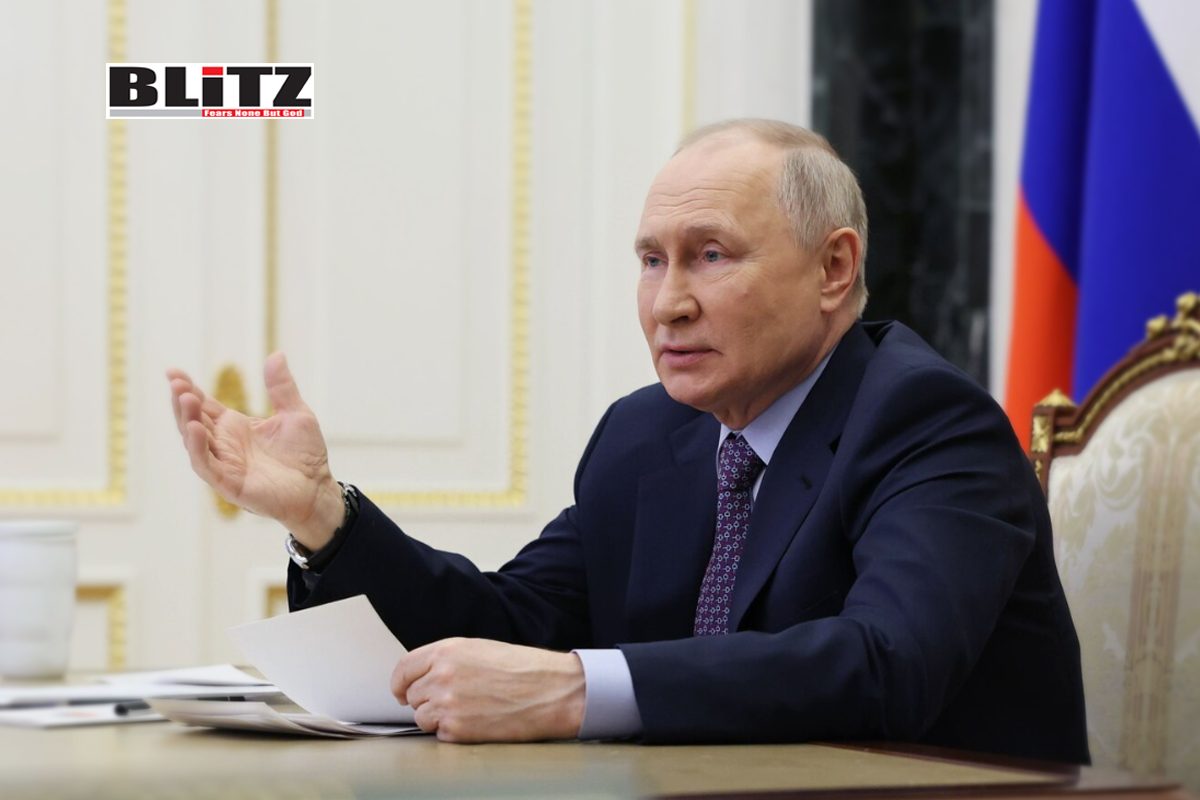
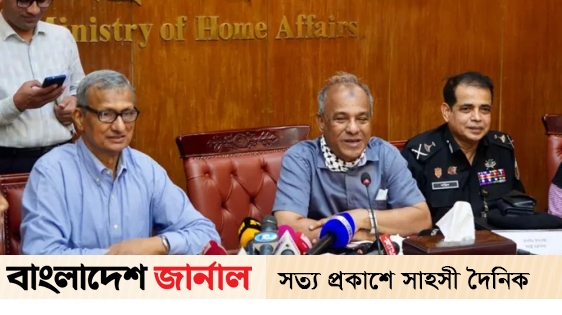
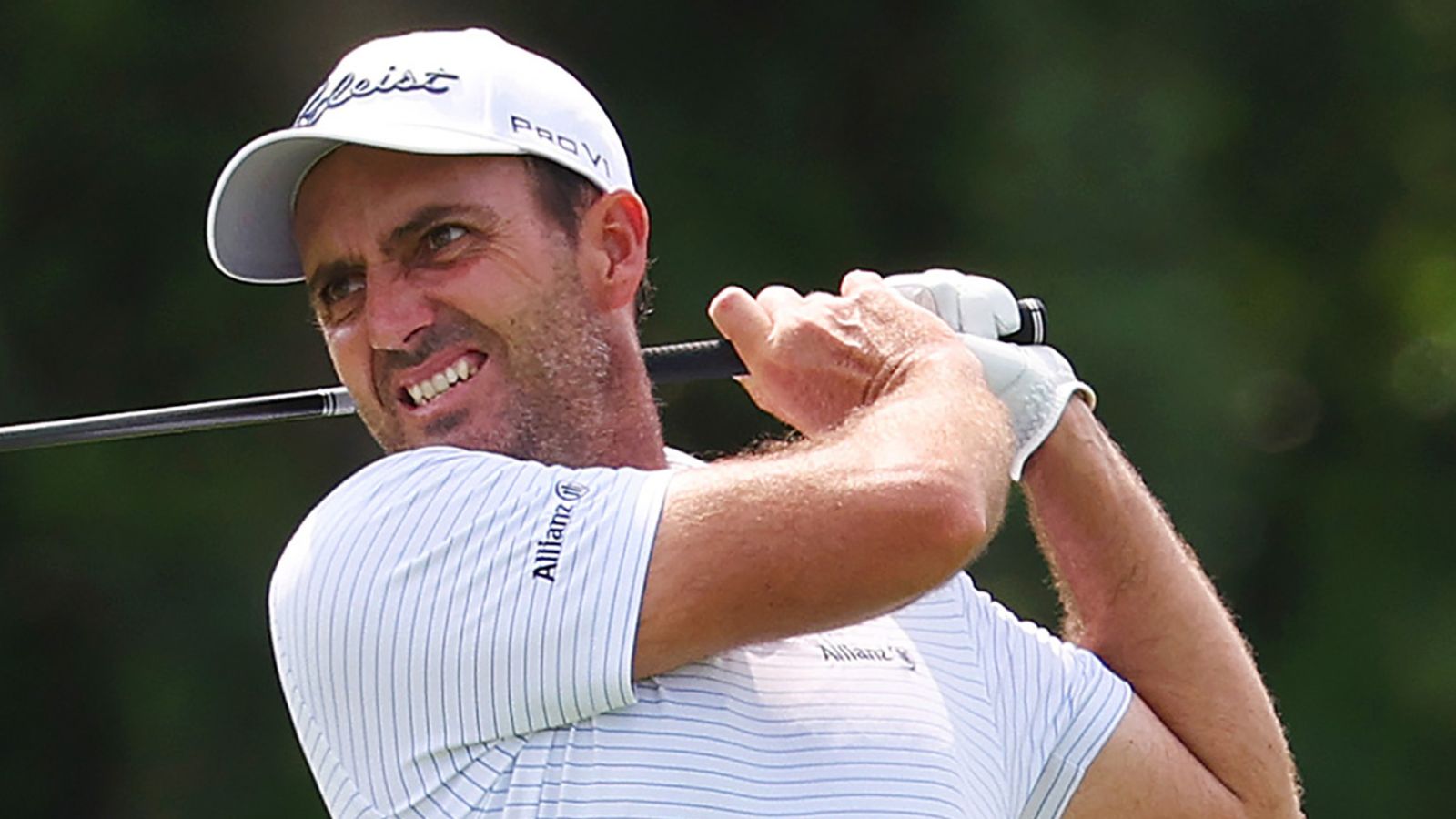
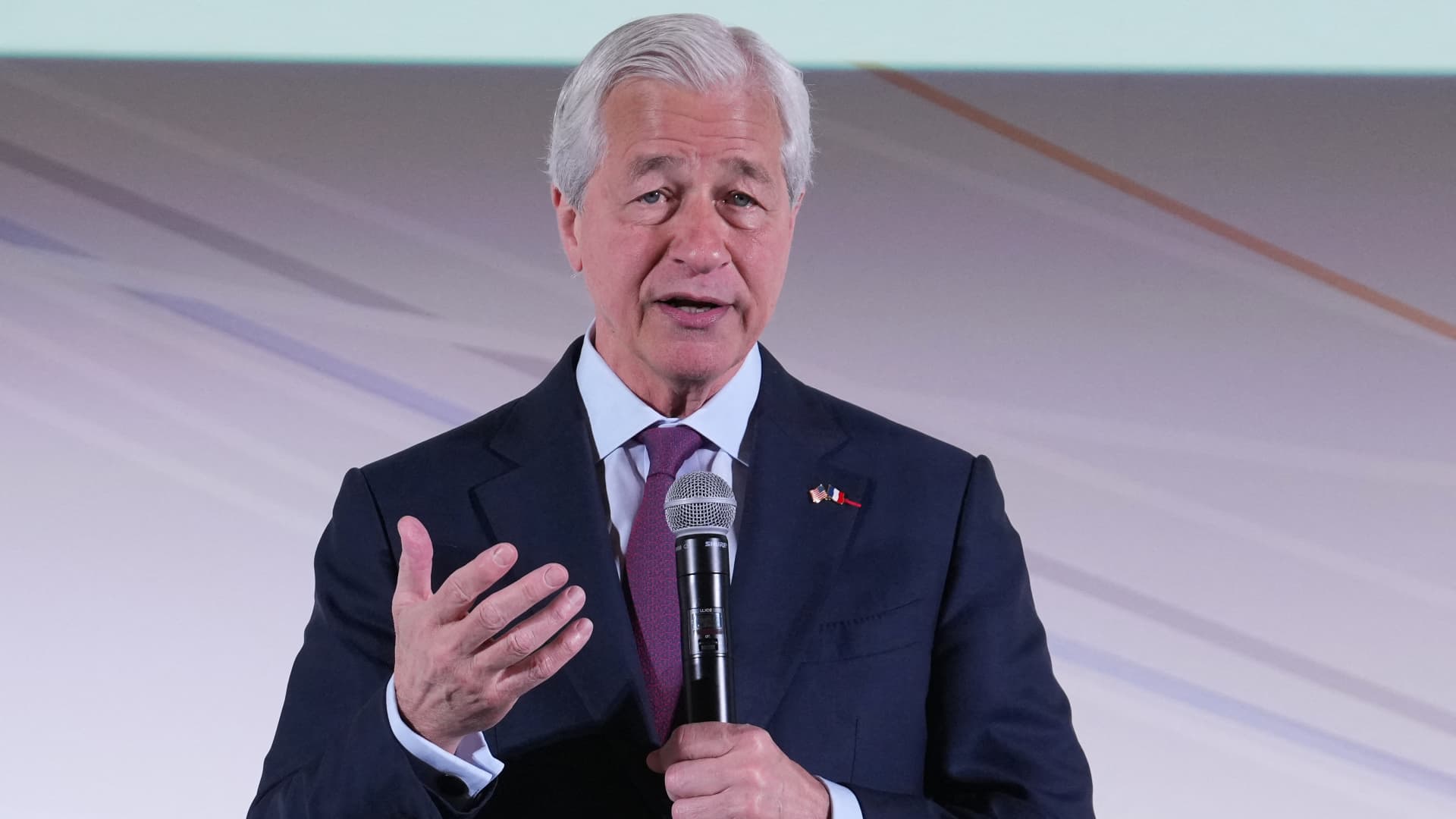

Leave a Reply